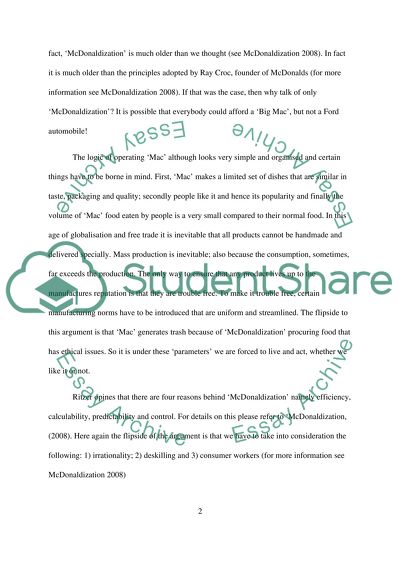Cite this document
(“MacDonaldisaation Thesis (Education paper) analysis of journal article Essay”, n.d.)
Retrieved from https://studentshare.org/miscellaneous/1500604-macdonaldisaation-thesis-education-paper-analysis-of-journal-article-by-dale-1994-uk-education-system-knowledge-required
Retrieved from https://studentshare.org/miscellaneous/1500604-macdonaldisaation-thesis-education-paper-analysis-of-journal-article-by-dale-1994-uk-education-system-knowledge-required
(MacDonaldisaation Thesis (Education Paper) Analysis of Journal Article Essay)
https://studentshare.org/miscellaneous/1500604-macdonaldisaation-thesis-education-paper-analysis-of-journal-article-by-dale-1994-uk-education-system-knowledge-required.
https://studentshare.org/miscellaneous/1500604-macdonaldisaation-thesis-education-paper-analysis-of-journal-article-by-dale-1994-uk-education-system-knowledge-required.
“MacDonaldisaation Thesis (Education Paper) Analysis of Journal Article Essay”, n.d. https://studentshare.org/miscellaneous/1500604-macdonaldisaation-thesis-education-paper-analysis-of-journal-article-by-dale-1994-uk-education-system-knowledge-required.


